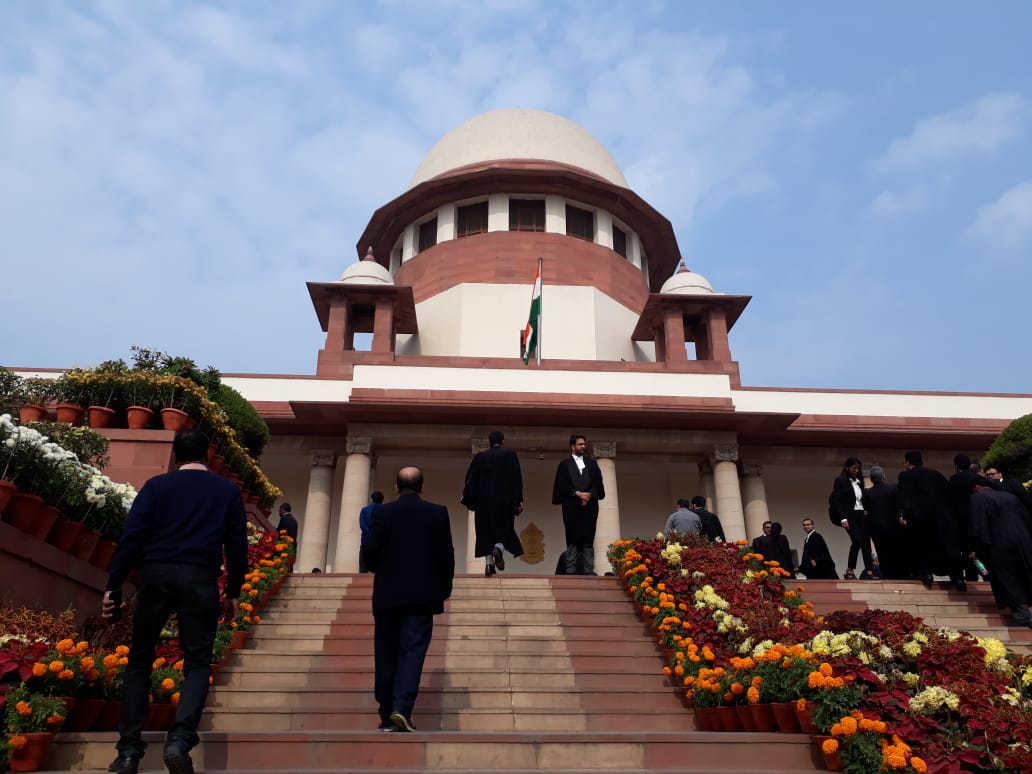


The Supreme Court on Thursday said that the state governments cannot be selective in granting reservation benefits to backward classes as it will lead to a dangerous trend of appeasement but sub categorisation can be tailored out by laying down the criteria.Examining whether States can sub-classify the Scheduled Castes and Scheduled Tribes for the grant of a quota within a quota, a seven-judge bench led by Chief Justice of India D Y Chandrachud said, the State cannot exclude others while conferring reservation benefits on the most backward classes.“If there are a host of backward classes, can the State pick out only two for example? Those who are excluded can always challenge their classification under Article 14 on the ground that we fulfil all criteria of backwardness. But the State can also rebut, saying we can classify a caste by looking at the extent of backwardness. It can say that we want to confer reservation to the most backward," the bench said.“But while conferring benefits on the most backward, you cannot exclude others. This will become a dangerous trend of appeasement. Some state governments will pick out a few castes while others will pick another set of castes. The idea is not for popular politics to play out in this. We will have to tailor it by laying down the criteria,” the bench said.The court reserved its judgment after hearing the submissions of the Centre, states and others, on references to revisit a 2004 judgment of a five-judge Constitution bench in the case of EV Chinnaiah vs State of Andhra Pradesh, in which it was held that the SCs and STs are homogenous groups and hence, States cannot further sub-classify them to grant a quota within a quota for the more deprived and weaker castes in these groups.The bench also comprised Justices B R Gavai, Vikram Nath, Bela M Trivedi, Pankaj Mithal, Manoj Misra and Satish Chandra Mishra.The court also said it is the role of the State to give reservation and remove social backwardness and while doing that, if it wants to remove the inequalities being faced by a class, it can do it.It said sub-categorisation will aid in others within that caste to come up, otherwise only one segment will continue to get the benefits.The bench opined that all SCs and STs might not be homogenous in terms of their sociological, economic, education and social status.“There is heterogeneity in terms of past occupation…. Social status and other indicators may be different for different castes inside the Scheduled Castes. So the degree of social and economic backwardness may vary from from one person or caste to another,” the bench said.The matter before the court arose out challenge by the Punjab government and other against a 2010 verdict of the Punjab and Haryana High Court.The high court had struck down section 4 (5) of the Punjab Scheduled Castes and Backward Classes (Reservation in Services) Act, 2006 that provided a 50 % quota and the first preference to the “Valmiki” and “Mazhabi Sikh” castes in public jobs within the SC quota.On August 27, 2020, a five-judge bench differed with the Chinnaiah judgment and referred it for adjudication by a larger bench of seven judges or more for an authoritative pronouncement.
TAGS: Supreme Court Reservation policy Sub-categorisation Scheduled Castes (SCs)